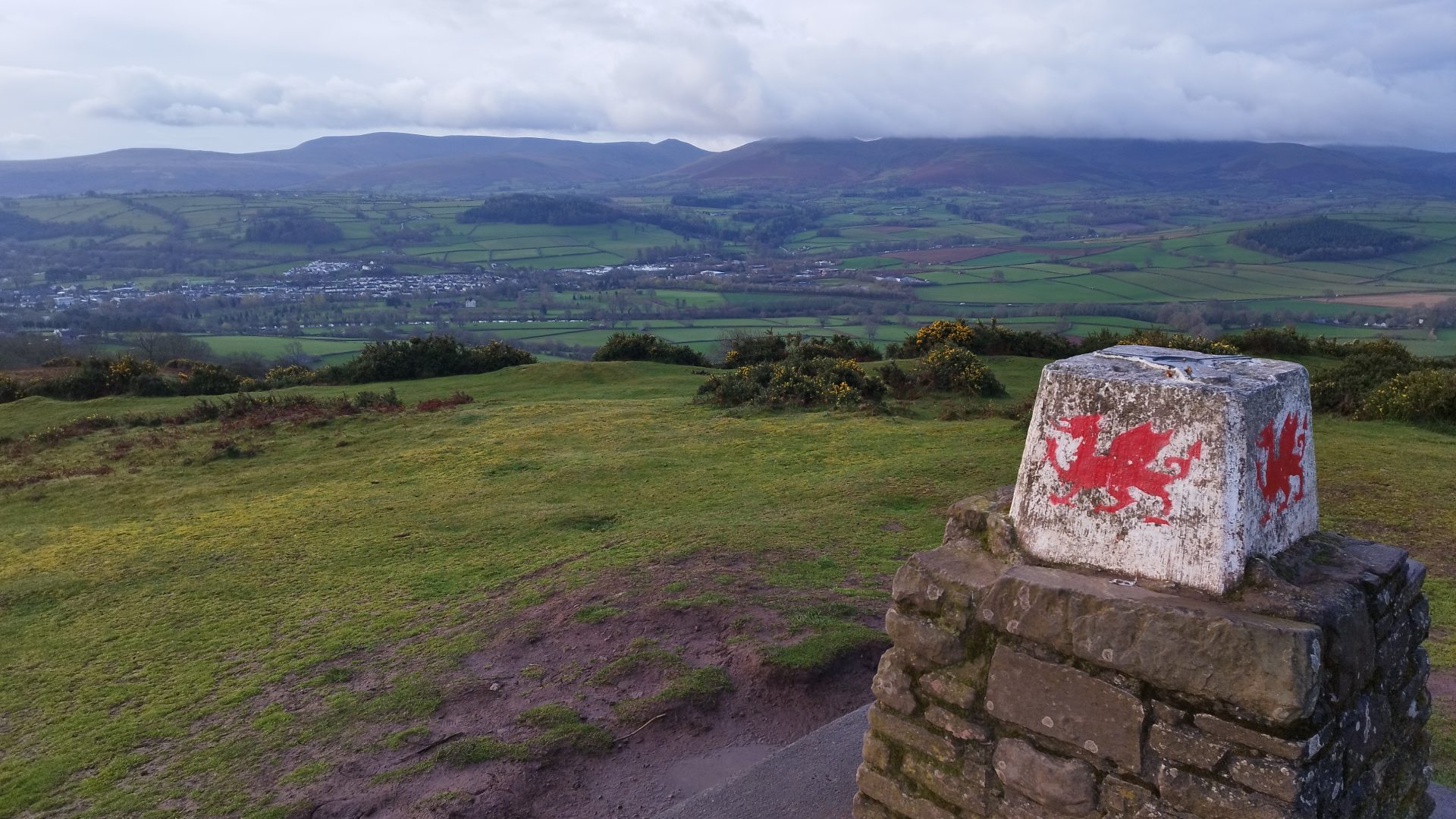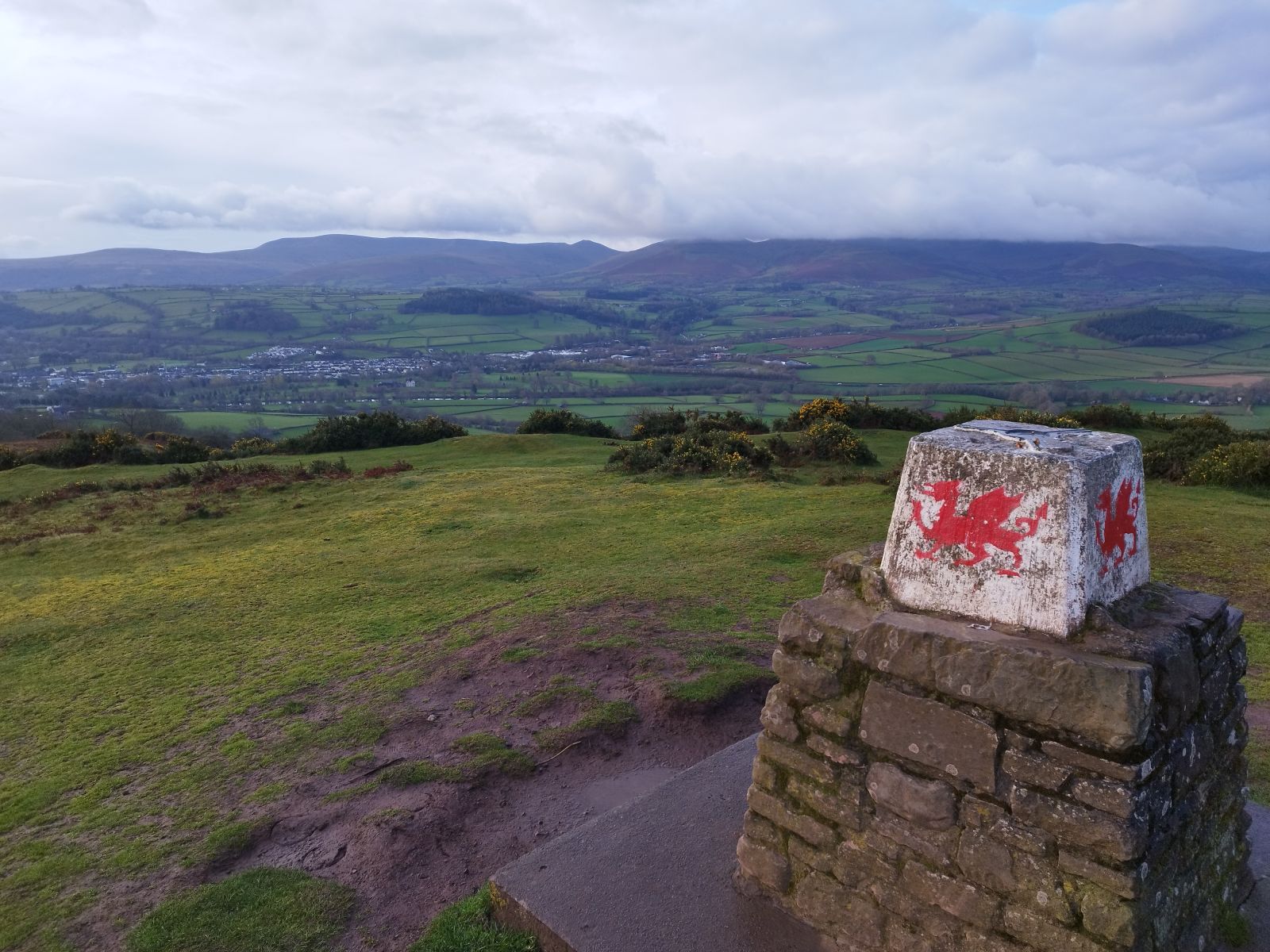
Wales’s Sustainable Farming Scheme at risk of failing National Parks
 In partnership with the Alliance for Welsh Designated Landscapes, Campaign for National Parks has written to the Minister for Rural Affairs Lesley Griffiths to express concern over the failure of Wales’s new agri-environment payment scheme to recognise the importance of National Parks.
In partnership with the Alliance for Welsh Designated Landscapes, Campaign for National Parks has written to the Minister for Rural Affairs Lesley Griffiths to express concern over the failure of Wales’s new agri-environment payment scheme to recognise the importance of National Parks.
A historic landmark was reached on the 19 August 2023 when the first ever “made in Wales” Agriculture Bill became law, cementing Welsh Government’s ambition to implement a principle of Sustainable Land Management in all agricultural policy.
The bill aims to create a new path for agriculture in Wales by supporting farms to sustainably produce food, act on the climate and nature emergencies and contribute to thriving rural communities. The success of the bill will however hinge heavily on the implementation of the accompanying Sustainable Farming Scheme (SFS) which has only recently passed the second phase of design and is due out for consultation later this autumn.
The SFS is Welsh Government’s version of England’s Environmental Land Management System (ELMS), and both have been created to replace the Basic Payment Scheme which has been in place since 2015 but is now ending following the UK’s exit from the European Union. The divergence in approach in England and Wales creates both challenges and huge opportunities to do things differently.
Get these financial support systems wrong and it will be a huge, missed opportunity to support sustainable food production which delivers for nature and climate. The stakes are high, and having read the Welsh Government’s recent response to the second phase of SFS design, we note the lack of reference to Designated Landscapes as a key delivery agent, and we are extremely concerned that the current trajectory of the scheme is failing to recognise the important role that statutory Designated Landscapes bodies have to play in delivering the priorities of the scheme.
Over the last few years, through the Valued and Resilient statement, National Park remit letters and the biodiversity Deep Dive, Welsh Government have rightly challenged Designated Landscapes to lead from the front in reversing negative environmental trends, however, without enhanced incentives for farmers within designated landscapes to work together at a landscape-scale, the SFS will fail to “unlock the potential of designated landscapes” to deliver more for Nature and the 30×30 target; as set out in the Welsh Government’s own Biodiversity Deep Dive recommendations.
Previous consultations have stressed that a collaborative approach is required to design schemes fit for the specific needs of a place, however, this has not seemingly happened to date with the current design process with minimal levels of engagement with National Park Authorities and a failure to mention the convening and delivery power of Designated Landscapes in the design so far.
With appropriate resources we know that National Parks and AONBs can deliver collaborative projects, establishing joint plans and bring partners together, but they need to be enabled to do so throughout the design and delivery of the SFS.
Although the current focus is understandably on confirming the universal layer of the scheme to ensure that it is as strong as possible for all farms, there is a very real risk that leaving Designated Landscapes out in the cold through the development of the collaborative and optional layers will result in limited improvements within National Parks and a similar level of environmental performance being achieved outside of National Parks. We want to see National Parks which are wilder and delivering more for nature and climate whilst also delivering sustainable livings for those who live and work on the land.
To do this we need to enable farms within our National Parks to do more for nature, going above and beyond to protect the special characteristics of our treasured landscapes with attractive optional actions and strong reasons to collaborate. Farms should be incentivised to join the scheme as much as possible to ensure a high proportion of SFS take up is within National Parks and AONBs and whether this can be achieved through enhanced payments, collaborative incentives or access to similar project funding pots such as Farming in Protected Landscapes (FiPL) in England, a range of options need to be explored.
FiPL has provided much needed support for farms trying to do the right thing in England by investing in projects that clean up or enhance the environment on their land. Similar collaborative projects have been delivered in Welsh National Parks, but more needs to be done to increase the availability and effectiveness of this level of collaboration and support.
Most land in Designated Landscapes is farmed and privately owned, so the individual decisions made by thousands of different people shape the land use. The evidence is abundantly clear from the SFS co-design that farmers are keen to engage with a scheme which recognises what they are already doing as well as the additional support they can receive to deliver sustainable businesses for the future.
Tailoring the scheme for Designated Landscapes and incentivising land managers to participate in the scheme from the outset is of critical importance. Campaign for National Parks will be working hard to advocate for a robust Sustainable Farming Scheme which will help enable positive change for the future health of our National Parks.
